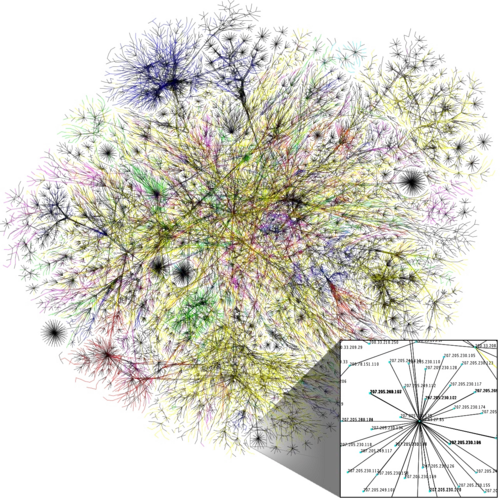
Pope Gregory I: A Pillar of the Eastern Orthodox Church, Eastern Catholic Church, and Anglican Communion
Pope Gregory I, also known as Gregory the Great, was a prominent figure in the history of the Christian Church. Revered by the Eastern Orthodox Church, the Eastern Catholic Church, and the Anglican Communion, his contributions in the 6th century had a profound and lasting influence on Christian doctrine, liturgy, and governance.
Early Life and Ascension to Papacy
Born around 540 AD in Rome, Gregory came from a patrician family. Before becoming pope, he served as a deacon and held administrative roles in Rome, where he gained valuable experience in church affairs. In 590 AD, he was elected pope in a time marked by political intrigue and social instability. His tenure lasted until 604 AD and was characterized by significant ecclesiastical reforms and missionary activities.
Contributions to the Eastern Orthodox Church
As a key figure in the early development of the Eastern Orthodox Church, Gregory I was instrumental in shaping the liturgical practices that are still observed today. He is credited with the development of the Gregorian Chant, a form of plainchant that categorically influenced Western music and liturgy. His emphasis on the significance of liturgical worship helped unify the Eastern and Western branches of Christianity during a time of division.
Papacy and Writings
Gregory's papacy was marked by a commitment to humility and pastoral care, leading him to focus on the spiritual needs of his followers. He authored several critical texts, including the "Pastoral Rule," which served as a manual for bishops on their duties and responsibilities towards their congregations. His letters and homilies also addressed issues of theology, moral conduct, and church governance, providing a foundation for future church leaders.
Connection with Eastern Catholic Church
The Eastern Catholic Church, which maintains communion with the Pope of Rome, also venerates Gregory I. His efforts in fostering dialogue between the Eastern and Western traditions exemplified a unified Christian ethos. He advocated for mutual understanding and respect among the different branches of Christianity, which is reflected in the Eastern Catholic Church's approach to ecumenism today.
Pope Gregory I and the Anglican Communion
The Anglican Communion, while having distinct beliefs and practices, acknowledges Gregory's influence on Anglican liturgy and church structure. His principles of pastoral care and the importance of a well-defined church hierarchy resonate with Anglican values. Gregory's call for Christians to focus on their spiritual lives continues to inspire Anglicans in their worship and community involvement.
Legacy and Feast Day
Gregory's impact on Christianity extends beyond his life, as his teachings and practices laid the groundwork for future theological advancements. His feast day is celebrated on September 3rd in both the Eastern and Western liturgical calendars, honoring his contributions to Christianity as a Doctor of the Church.
Conclusion
Pope Gregory I stands as a monumental figure in the history of the Christian faith, influencing the Eastern Orthodox Church, Eastern Catholic Church, and Anglican Communion profoundly. His commitment to education, liturgical formation, and pastoral care exemplifies the ideals of Christian leadership. Gregory not only shaped the church during his lifetime but also set the stage for future generations of believers.






